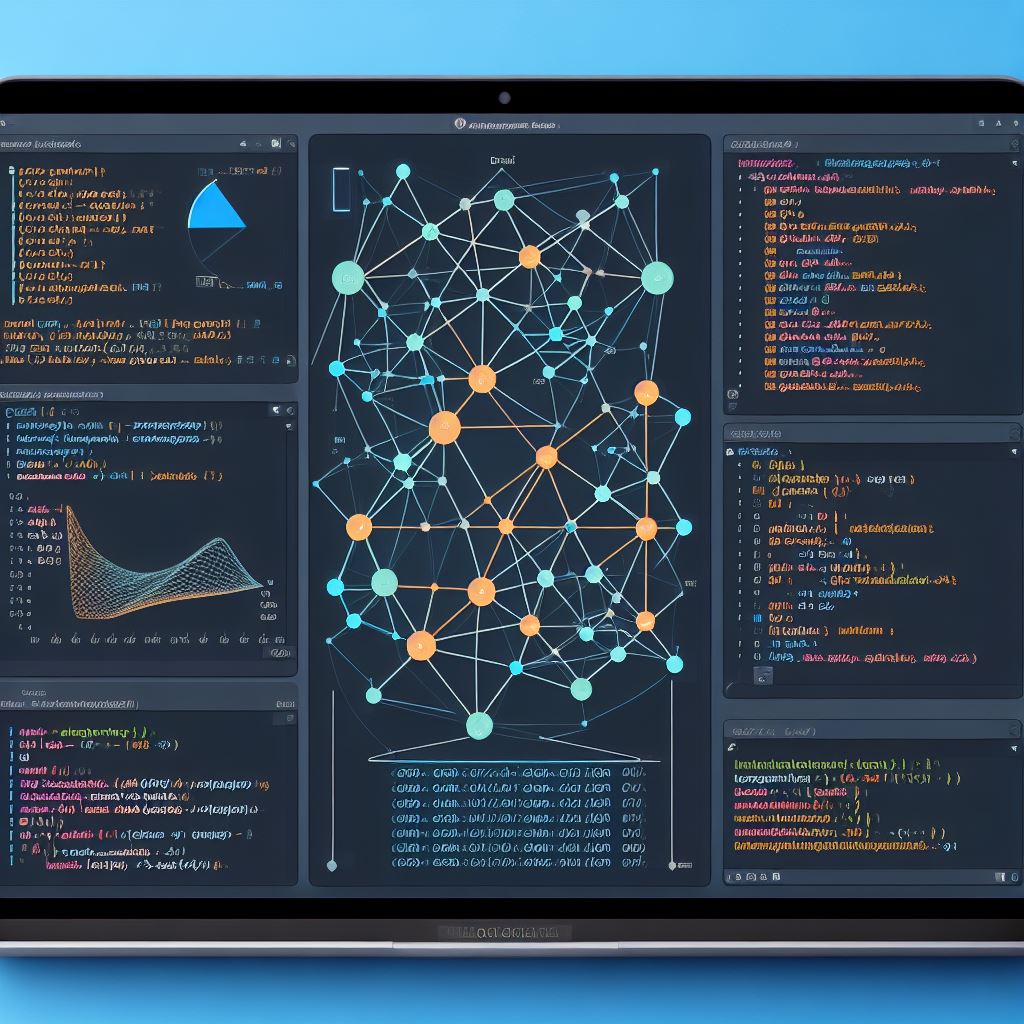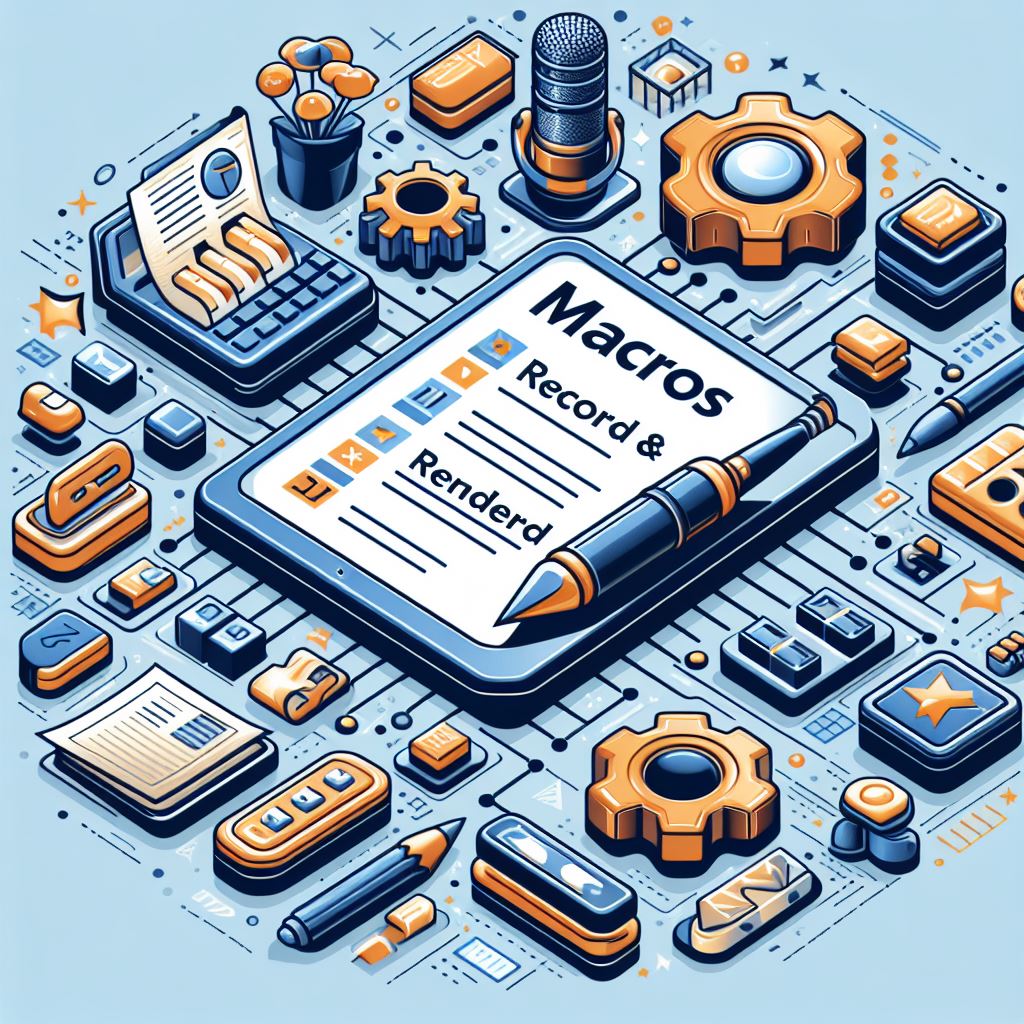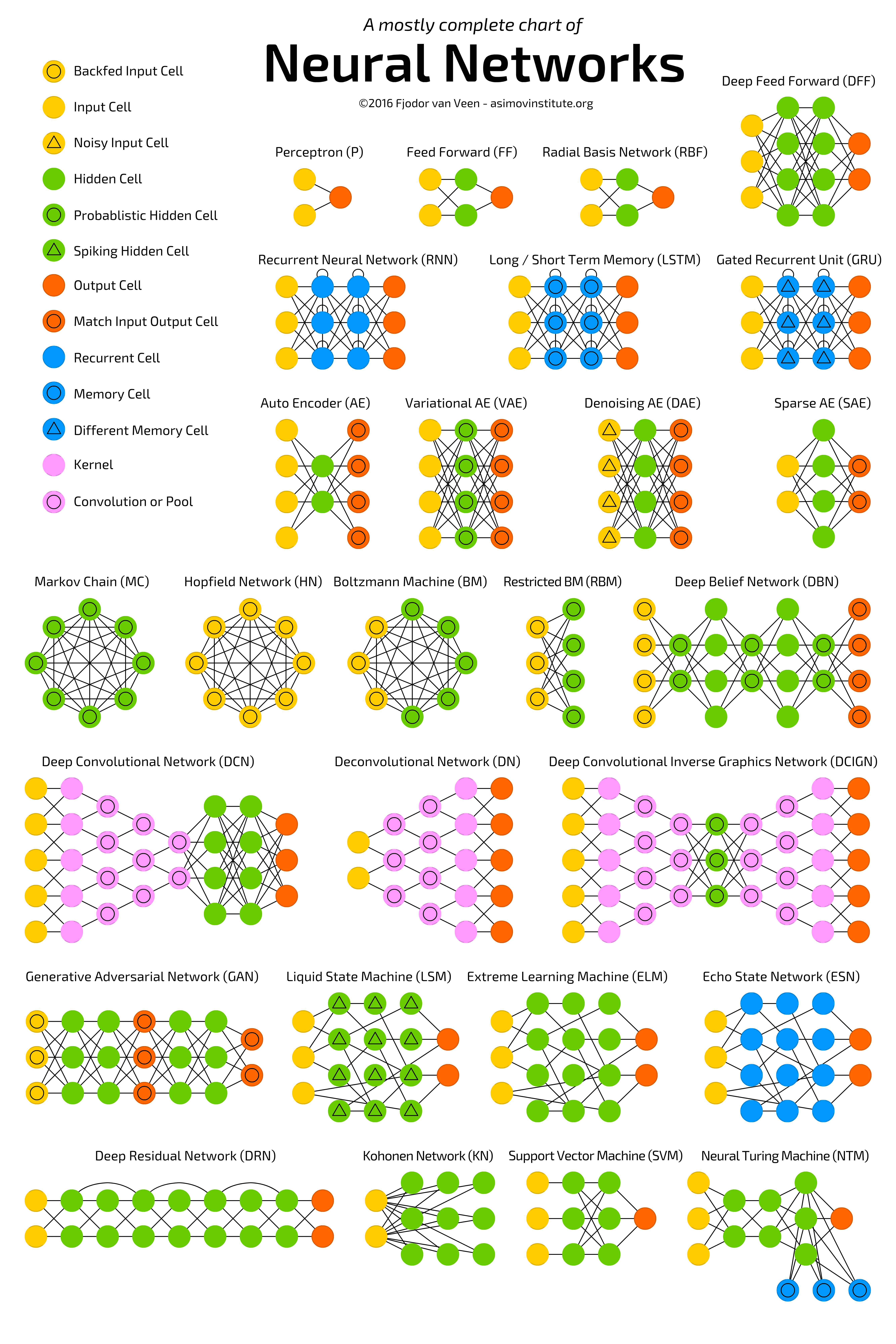
Introduction: What is a C Union and why is it beneficial?
C Unions are a special type of data structure found in the C programming language. They allow for multiple variables to be stored in the same memory location, which can be a great benefit when dealing with limited memory or trying to optimize space. With C Unions, all variables stored in the same union are able to access and modify each other’s values. This makes unions ideal for manipulating large amounts of data quickly, as multiple operations can be performed at once.
Another benefit of using C Unions is that they allow for different data types to be stored together. For example, an unsigned char, int, and double could all be stored in the same union and accessed simultaneously. This makes unions a great tool for writing code that needs to interact with multiple types of data without having to jump through hoops to make them compatible. The flexibility of C Unions also makes them useful for creating more efficient programs and making complex tasks simpler. By taking advantage of unions’ ability to store different types of data in one location, developers can optimize their code by reducing the number of variables used and avoiding unnecessary overhead operations. This can result in faster execution times and more memory-efficient programs overall.
Advantages of Using C Unions
C unions are a powerful and efficient way to write programs in the C programming language. They provide a more flexible data structures than structs, allowing for easier manipulation of related data items. Here are some advantages of using the C union:
Optimal Memory Usage
A C union allows data to be stored in one unit of memory, saving space and increasing efficiency. This makes it especially useful when dealing with large amounts of data or when memory is limited.
Flexibility with Data Types
By using a union, different types of variables can be stored in the same memory location. This means that different types of values can be accessed without having to create multiple variables or cast from type to type.
Easy Accessibility
Since all values are stored in the same memory location, they can easily be accessed and manipulated by a single pointer. This makes it much simpler to manage complex data structures.
Usability with Pointers
Since unions can easily be converted into pointers, they provide an easy way to pass complex data structures between functions without requiring extra copies or conversions.
Examples of Using C Unions
C unions are a powerful tool for combining multiple variables into one. By using a union, developers can save memory by allowing multiple variables to use the same block of memory at different times. This can be particularly useful in applications that require tightly packed data structures or need to access data with a variety of types. Below, we’ll explore some examples of how unions can be used in C programming.
One of the most common uses for C unions is to store values that could potentially have multiple types associated with it. For instance, you may want to store both a character and an integer in the same piece of memory, then access whichever value is needed in each context. A union allows you to do this easily:
union c_union {
int i;
char c;
};
In this example, the c_union union has both an int and a char, so it can store values for either type at any given time. To assign and then access these values, you could use something like this:
union c_union my_union;
my_union.i = 5; // assign an integer value
printf("The integer value is: %d\n", my_union.i); // print the integer value
my_union.c = 'A'; // assign a character value
printf("The character value is: %c\n", my_union.c); // print the character value
Another application for C unions is bit-field manipulation (or bit-wise operations). This technique involves setting or clearing individual bits within an integral number (e.g., an int) to control content or behavior within your program. To do this with a union, you first define specific member names that correspond to individual bits within an integer type:
#define BIT0 0x01 // define flags for each bit position
#define BIT1 0x02
#define BIT2 0x04
// ...etc...
// define our union with these flags
union flags {
int allFlags;
struct {
unsigned int flag0 : 1;
unsigned int flag1 : 1;
unsigned int flag2 : 1;
// ...etc...
}flagBits; };
Once the union is declared, you can set any of the individual bits like this:
struct flags myFlags;
myFlags .flagBits .flag0 = 1;
myFlags .flagBits .flag1 = 0 ;
myFlags .allFlags |= BIT2 ;
In addition to helping save memory by reusing space, C unions also provide another advantage—they help speed up code execution due to their ability to overlap variables when accessing data from memory addresses. When data is stored in different regions of memory (e.g., two integers stored in two different locations), accessing them requires loading both pieces of data into separate CPU registers before they can be used together—a process known as register spilling which incurs some performance overhead on larger datasets due to additional instructions required for loading/storing them from/to memory locations.
Conclusion - Benefits of Using C Unions in Programming
C unions provide a powerful and beneficial tool for structuring data in programming. With C unions, a programmer can save memory and operate with multiple variables using one union instance. This is beneficial for both writing code and optimizing data usage. Unions enable programmers to access data via different types of variables, which prevents accidental type errors. Additionally, unions can be used to control access to specific data fields, allowing better organization of codebase security measures. Overall, the use of C unions can help make programming more efficient and secure by providing easy access to different variable types, saving memory space, and allowing for tighter control over who can access certain data fields. As such, the benefits of using C Programming unions in programming are well worth exploring.
























































